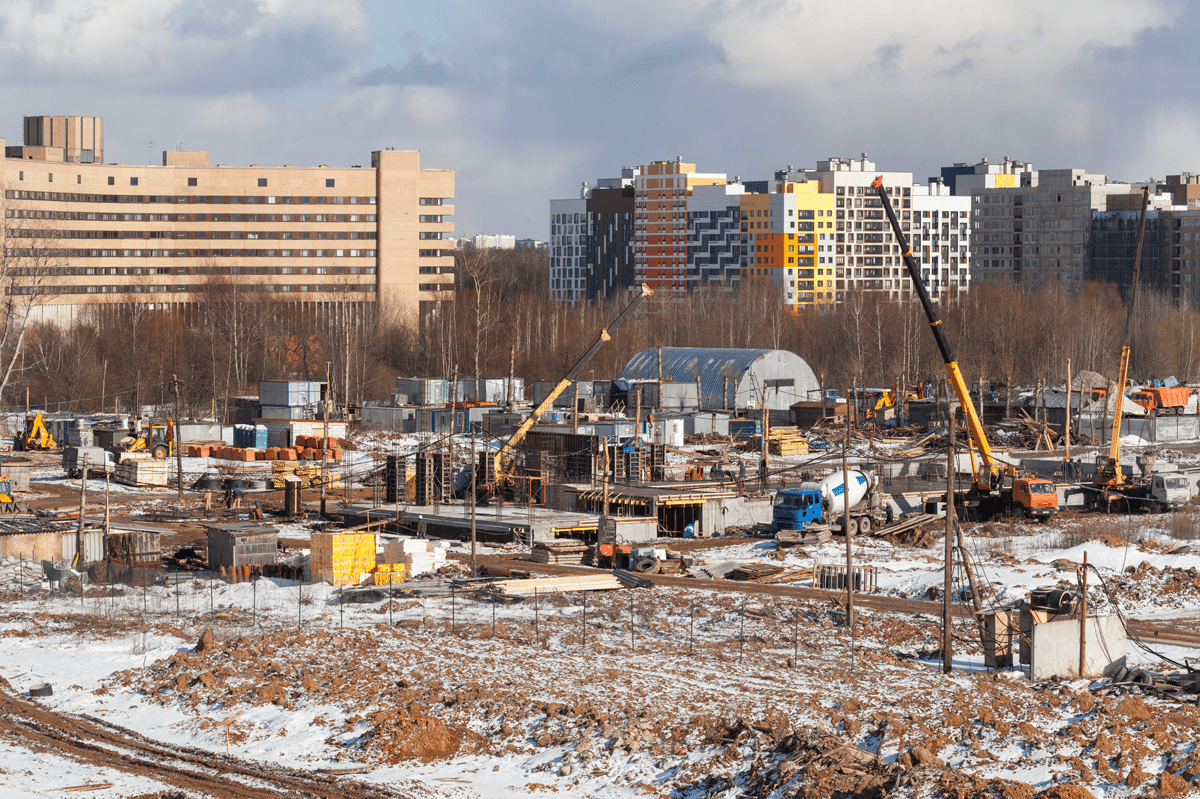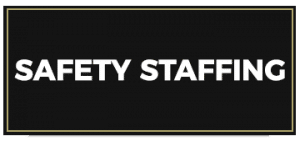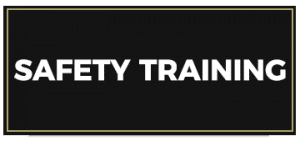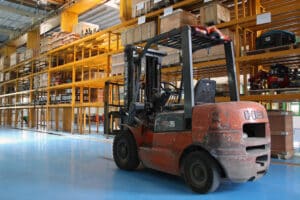COVID-19 Is No Reason To Slip, Trip, or Fall on Other Safety Responsibilities

The new year is just around the corner and many companies are thrilled to simply have survived 2020. Regardless of the industry, COVID-19 has thrown us all for a loop. All of us have had to adjust in one way or another, whether that meant going virtual, temporarily shutting down, or creating and implementing new policies. COVID-19 created new priorities for everyone. While businesses have a lot to be proud of in meeting the challenges created by COVID-19 it’s important, especially this winter, that we don’t forget the “old” ones.
In addition to everyday safety challenges, with winter comes snow and ice. With snow and ice comes additional potential for slips, trips, and falls. The most recent data from the National Safety Council reports that over 48,000 people are injured seriously enough to miss work due to a slip, trip, or fall injury. Even worse, over 800 employees died from similar accidents on the job. In addition to ensuring that all work areas and walkways are free of snow and ice, properly salted, and water is removed, the NSC has a comprehensive list of important reminders to create safer workplaces during winter months and throughout the year including:
- Scan the work area for potential hazards before starting the job
- A straight or extension ladder should be 1 foot away from the surface it rests on for every 4 feet of height and extend at least 3 feet above the top edge
- Securely fasten straight and extension ladders to an upper support
- Wear shoes with slip-resistant soles and don’t stand higher than the third rung from the top of step ladders
- Make sure the ladder is on level ground or leveled before using it
We understand that this year has forced us to broaden our focus while adjusting to life and work during the pandemic, but we cannot let ourselves allow our new priorities to impact existing ones, especially when existing risks and hazards remain.
If you have questions or need help regarding anything safety related, please reach out to FDRsafety.



